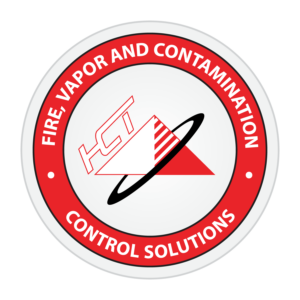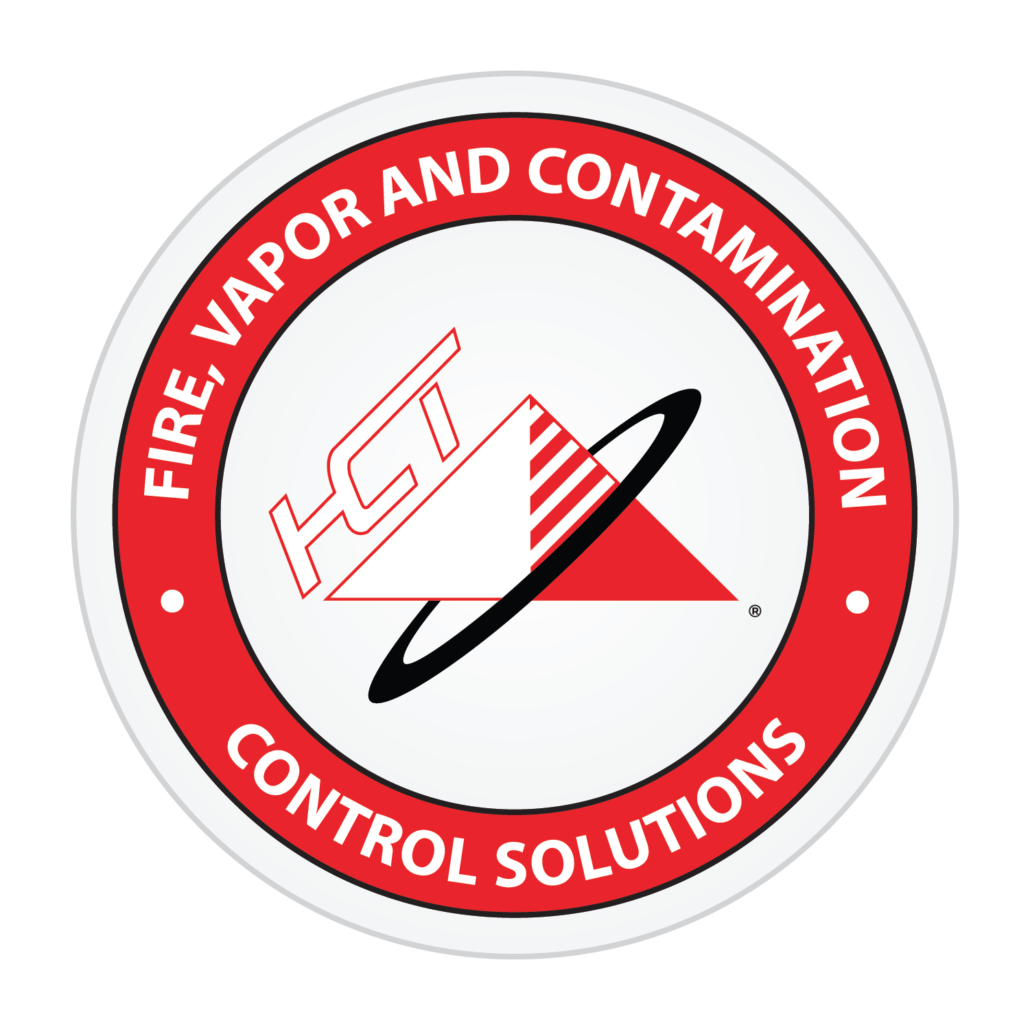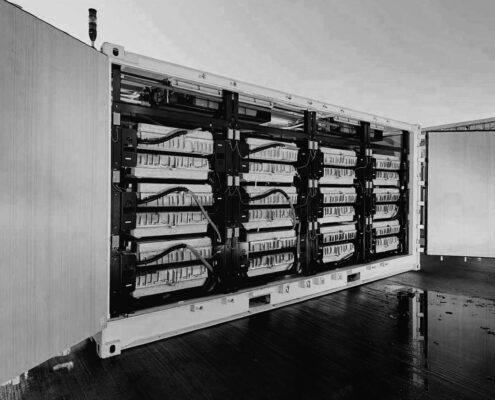
Water Mist System Fire Protection
Encapsulator Agent, Fire ProtectionA water mist system overview is detailed in NFPA 750, a standard touching on unique specifications that separate it from a traditional sprinkler system.
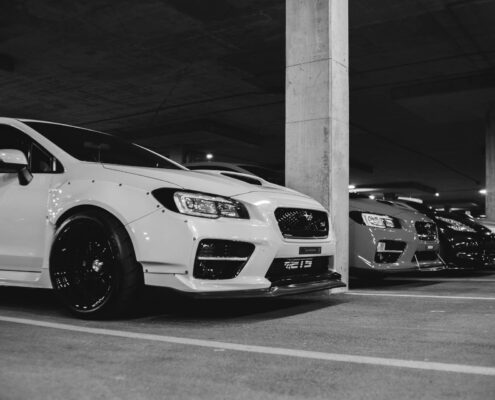
The New Standard for Parking Structures
Encapsulator Agent, Fire ProtectionThe new NFPA 88A standard for parking structures is paving the way for fire protection solutions that prevent injuries, damage, and loss.
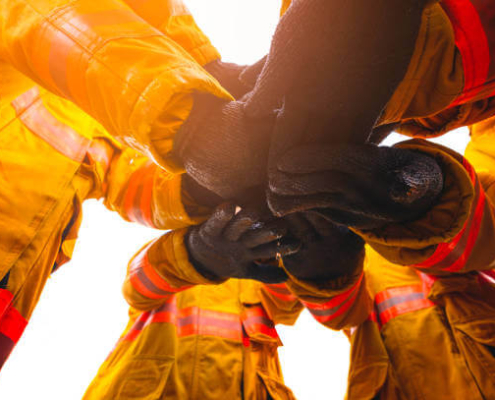
Characteristics of a Class A Fire
FiresClass A fires are those fueled by ordinary combustible materials such as wood, paper, fabric, and some plastics. Typically found in residential, commercial, and industrial settings, they ignite when those combustible materials are exposed to high temperatures, making this class one of the most widespread.
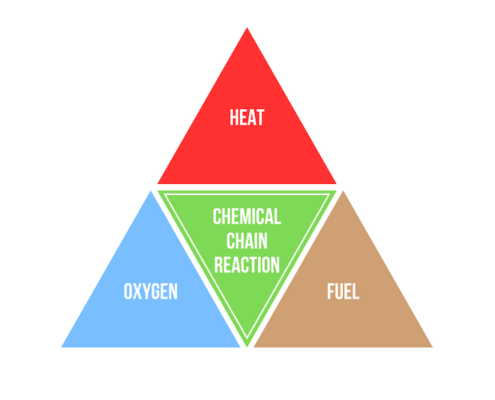
The Impact of the Fire Tetrahedron on Fire Suppression Strategies
FiresThe fire tetrahedron is a key part of suppression solutions and fire safety. This model builds on the traditional fire triangle by introducing a critical fourth element: the chemical chain reaction. Fire suppression systems are developed to combat these elements, focusing on disrupting the chain reaction that keeps fires burning.
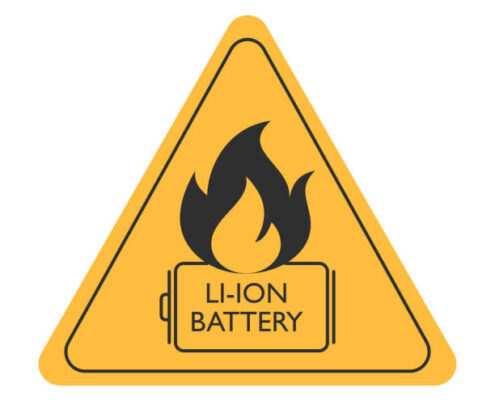
How to Put Out a Lithium-Ion Battery Fire
Encapsulator Agent, FiresLithium-ion batteries are preparing us for an electric mobility-focused future, providing a compact power source for personal electronics, various modes of transportation, industrial equipment, and more. As smartphones, laptops, hybrids, and…
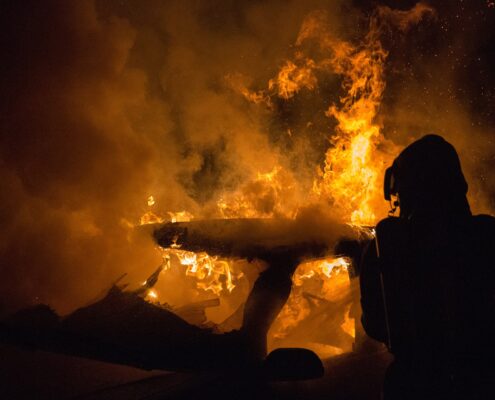
What is a Class D Fire?
FiresWhen you consider the potential dangers and challenges posed by Class D fires, it is important to understand the different types of fires in order to successfully achieve fire suppression. Class D fires are characterized by their involvement…
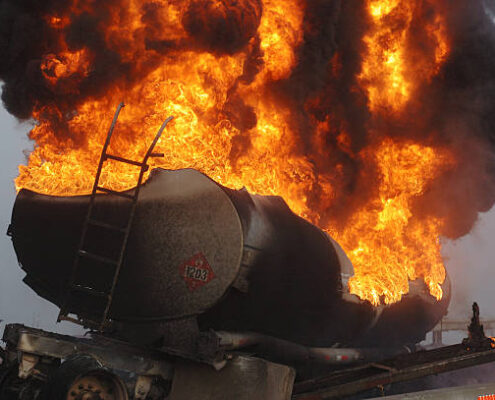
What is a Class B Fire?
FiresUnderstanding different types of fires is essential for ensuring fire protection in both residential and industrial settings. One of the most common categories of fires is the Class B fire. Although this type of fire is common, many people are…
